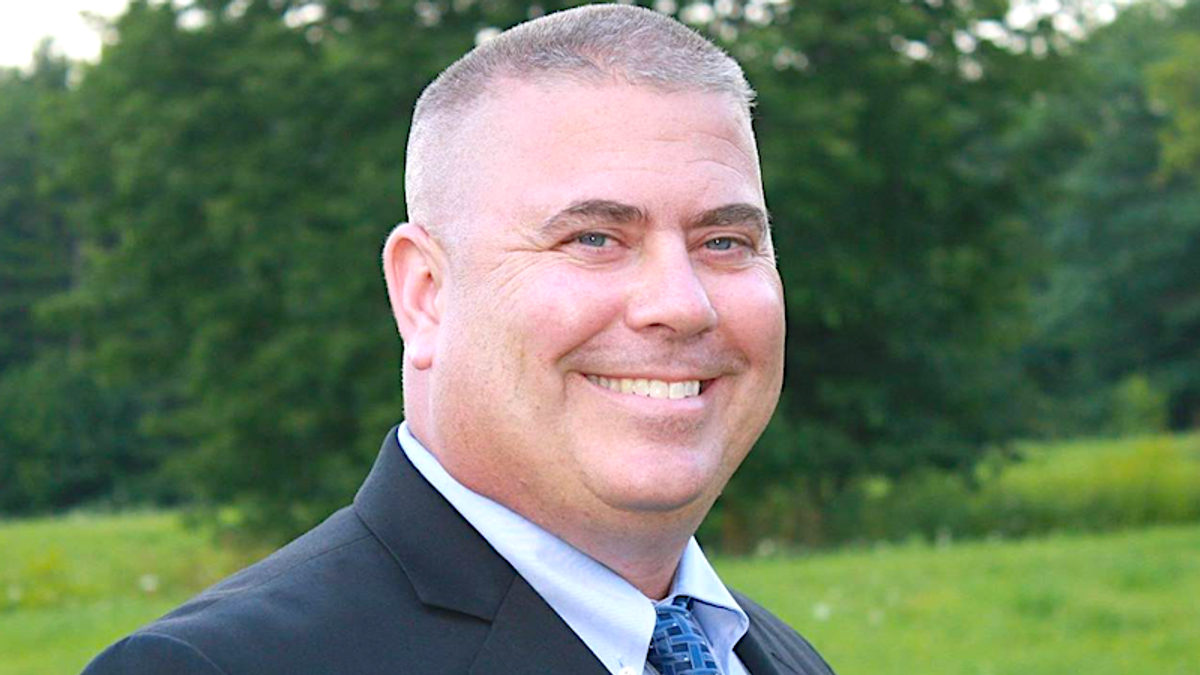
A Maine sheriff allegedly sold dozens of firearms from his department's evidence room instead of returning them to their rightful owners – and it's not clear what he did with the money, according to a report.
Oxford County Sheriff Christopher Wainwright directed his deputies to take guns stored as evidence to local gun shops, but didn't record the transactions or notify other county officials who are responsible for public finances, and he didn't always have a record of their ownership, reported the Bangor Daily News.
“Just like past sheriffs, I think he’s taken a lot of liberties that they should not take,” said County Commissioner David Duguay. “They need to recognize that the commissioners hold the purse strings. There are some sheriffs in the state, I believe, that think they’re above the law.”
READ MORE: ‘They blew up my life’: Fox News, a hidden camera and threats to an Indiana school administrator
Wainwright was already on shaky ground after a complaint that he asked a deputy to go easy on a woman cited for a traffic violation and berated him when he objected, but county commissioners in May gave him a second chance – shortly before the Daily News found the sheriff had outfitted two men with guns and badges to work as school resource officers, although they were not certified as law enforcement.
“We have reeled in our sheriff, so right now he’s walking a thin line, and he knows that,” Duguay said.
The newspaper confirmed the sales through public records requests starting in October, although many of the records were incomplete, and Wainwright finally responded to requests for comment by saying that all proceeds went toward purchasing “equipment for the county," although he declined to be more specific.
Wainwright said most of the guns removed from evidence for “disposal or destruction” two years ago had been seized during criminal investigations or collected after suicides or other traumatic events, and he said some were not returned because their owners could not legally possess them due to mental health concerns, substance abuse or felony convictions. He didn't say who made that determination or explain why he hadn't gotten permission from county commissioners, the report stated.




